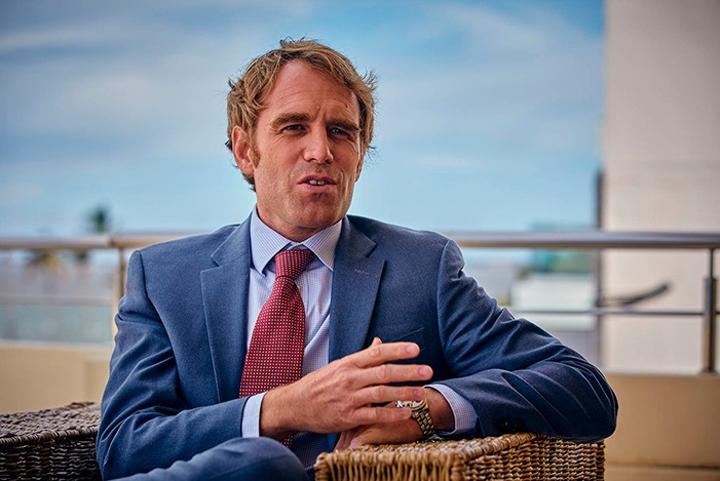Africa-Press – Mozambique. The International Monetary Fund (IMF) is still far from resuming direct support to the State Budget, suspended in 2016 because of the US$2.2 billion ‘hidden debts’ scandal.
According to the IMF representative in Mozambique, Alexis Meyer-Cirkel, at issue is the fact that the institution and the government have not yet reached an agreement in the talks aimed at resuming direct support.
Read: IMF suspends aid to Mozambique
“Unfortunately, I can’t predict the future. I don’t know how these conversations are going to go, but all I can say is that we have all the technical discussions anyway. We are in frequent contact with the authorities and we have a very good relationship and everything else depends on the evolution of these discussions,” Meyer-Cirkel said at an event organised last week by the Confederation of Economic Associations of Mozambique (CTA).
Meyer-Cirkel recalled that the IMF has continued to support Mozambique with financial assistance under the Rapid Credit Facility instrument since 2019, the year in which the country was hit by two cyclones.
The IMF cut direct funding to the State Budget in 2016, after the discovery of the ‘hidden debt’ scandal that led the country into disrepute in international financial institutions. Nineteen defendants were named in connection with the case, the trial of which begins on 23 August. Former Mozambican finance minister Manuel Chang has been detained in South Africa since late 2018, also in connection with the case.
World Bank suspends direct financial aid to Mozambique – WSJ
In addition to the IMF, the World Bank, the African Development Bank (ADB) and other cooperation partners froze direct funding to the State Budget.
Data sought by ‘Carta’ indicate that, from 2004 to 2015, Mozambique received about US$4 billion in general budget support, equivalent to an annual average (until 2015) of 4% of Gross Domestic Product (GDP) and 12% of total state revenue.
Following the discovery of the ‘hidden debts’, taken on with government guarantees but without approval in the Assembly of the Republic and which cooperation partners said violated basic principles, disbursement of funds through general budget support was abandoned.
By
Evaristo Chilingue






